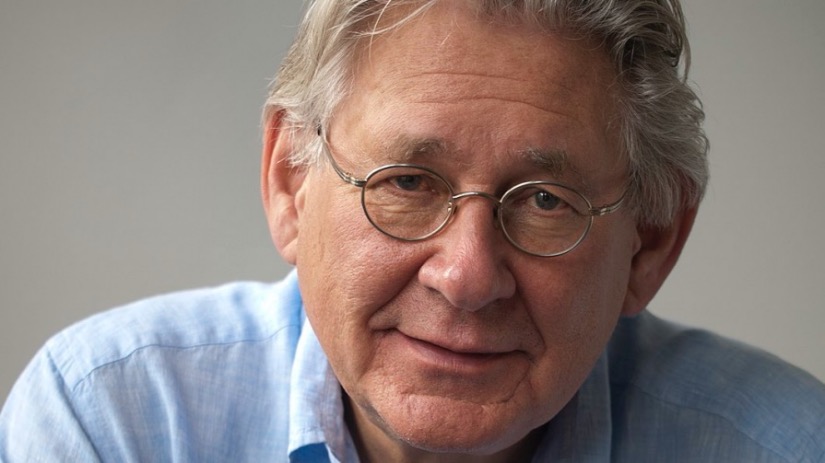In memory of Leo Panitch
[Here’s what I had to say on this week’s radio show about the marvelous Leo Panitch, who died on December 19. The show consists of two interviews, one from 2012 with Leo and Sam Gindin talking about their book, The Making of Global Capitalism, and the other from 2018, Leo solo talking about Trump specifically and the US empire generally.]
I was planning to do a rerun for this week’s show, to give myself a little holiday break, but I wasn’t planning this one: a memorial to Leo Panitch, the Canadian political scientist who died on December 19 at the age of 75. Last month, he was diagnosed with multiple myeloma, a blood cancer, but the prognosis looked good for ten years of relatively normal life. But he caught covid in the hospital, and the pneumonia it induced killed him. This has been a truly awful year.
Leo was on this show many times, both alone and with his long-time friend and collaborator Sam Gindin. He was a marvelous human in every dimension—a wonderful thinker, comrade, and friend. I met him just over 20 years ago, when he was living in New York for the year, doing research that would eventually figure in the book he and Sam published in 2012, The Making of Global Capitalism. We would see each other several times a year, either in Toronto, where he lived, or in New York, on his frequent visits. Unlike many high-end intellectuals, he was unfailingly warm and generous. My now teenage son, who mocks our dinner-table conversations as “capitalism, bourgeoisie, blah blah blah,” always liked Leo, and vice versa: they could talk about baseball and hockey in between our yammering about the law of value.

Leo was born to a working-class family in 1945 in Winnipeg. He got his bachelor’s degree from the University of Manitoba, and then did graduate work at the London School of Economics, where he studied with Ralph Miliband. Leo took up Miliband’s interest in the political side of capitalism—the role of the state in shaping the system, and the role of political parties in shaping both the ruling class and the system’s supposed gravedigger, the working class. He also wrote extensively about the US-dominated international order. Leo always resisted narratives of US decline, arguing that it was still the center of an imperial system—not one like the old European empires, which involved the subjugation of colonial populations, but one which incorporated other nations into a hierarchical system that still allowed them a considerable degree of autonomy, especially the second-tier powers of Western Europe as well as Japan and Canada. (Latin America, however, was often not so lucky.)
Leo spent most of his professional life at York University in Toronto, where he taught from 1984 until his retirement in 2016. He created a splendid, largely Marxist, political science department there; a visit to York was always stimulating—and fun as well. Leo and his colleagues were not ones to don the hair shirt.
As a memorial to Leo, I’m running excerpts of two interviews. The first is from an interview recorded in 2012 with Leo and Sam on the publication by Verso of The Making of Global Capitalism: The Political Economy of American Empire. It’s hard to think about Leo without also thinking about Sam, his lifelong friend and collaborator. Sam spent many years as an economist with the Canadian Auto Workers, which he eventually left for a stint teaching at York. These are just excerpts from a long interview, so there may be some discontinuities and missed antecedents, though I hope they’re not too serious. Leo Panitch and Sam Gindin.
…
That’s it for me, Doug Henwood. My first bit of break music was mournful; this is anything but. Leo loved jazz, though I’m not sure how he would have felt about this instance of the genre, Stephane Grappelli’s “hot jazz” version of The Internationale. But it seems a good note to go out on. The best way to memorialize Leo is to think hard, fight for socialism, and have some fun along the way.

A fitting tribute. Thanks, Doug.